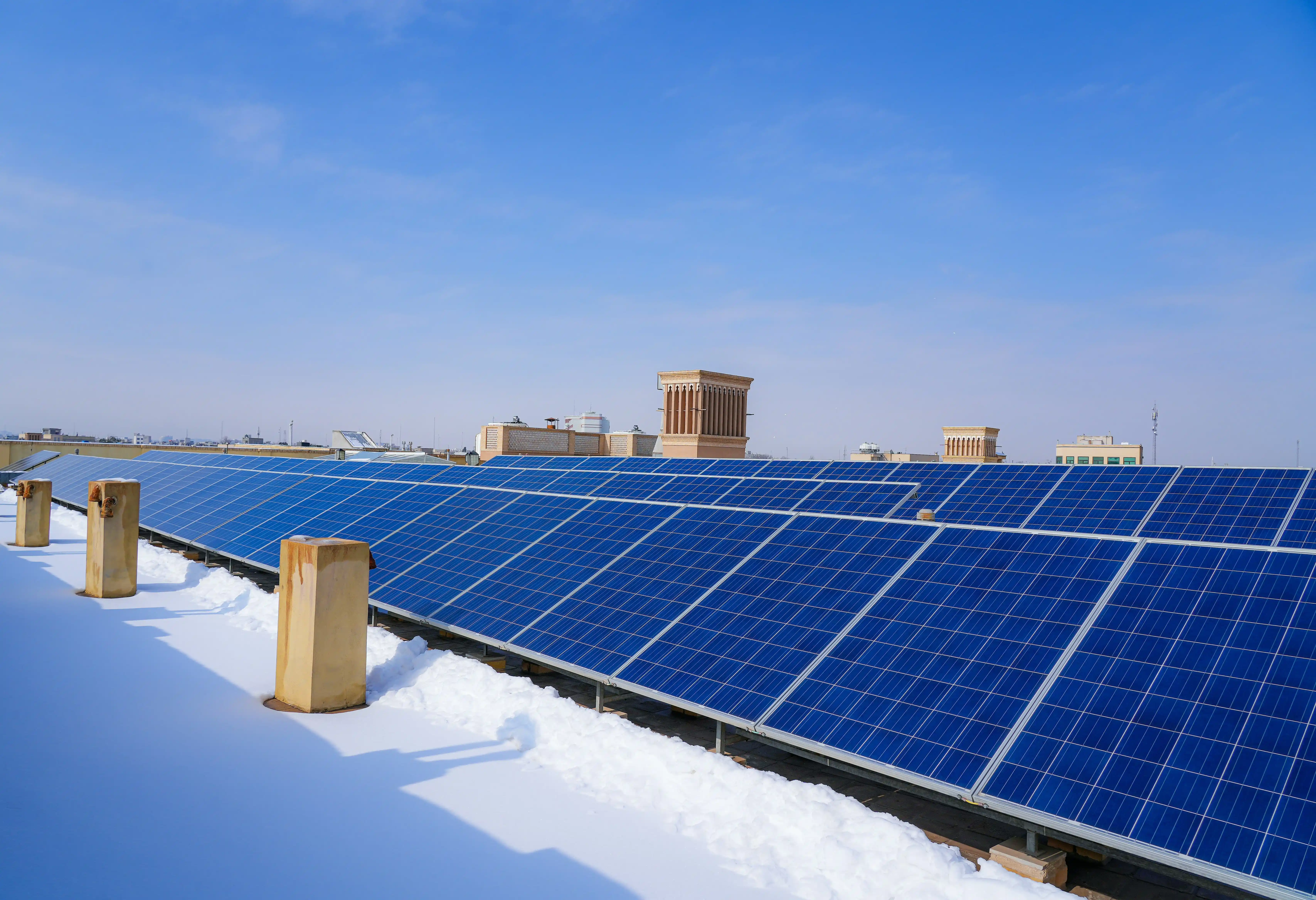- This topic is empty.
-
AuthorPosts
-
22/09/2025 at 13:49 #9658
With the introduction of the "dual carbon goals" and the growing popularity of green building concepts, building-integrated photovoltaics (BIPV) is becoming a key development direction in the photovoltaic industry. BIPV not only provides clean energy for buildings but also seamlessly integrates with architectural design, achieving a balance of energy conservation, aesthetics, and functionality. As a leading global photovoltaic module manufacturer, Jinko Solar has demonstrated strong technical advantages and market influence in BIPV applications. This article will comprehensively analyze the application value, technical features, and future development prospects of Jinko solar panels in building-integrated photovoltaics.
1. What is BIPV?
BIPV (building-integrated photovoltaics) involves integrating solar panels directly into building components, seamlessly integrating them with roofs, curtain walls, skylights, or shading systems. Unlike traditional "BAPV" (building-attached photovoltaics), BIPV not only generates electricity but also replaces building materials structurally, meeting building waterproofing, thermal insulation, and aesthetic requirements.
In modern architecture, BIPV has become a crucial component of green buildings and smart cities. It transforms buildings from energy consumers into energy producers, achieving "zero energy" or even "positive energy" buildings.
2. Why choose Jinko solar panels for BIPV?
As a global leader in photovoltaic modules, Jinko Solar offers the following unique advantages in BIPV applications:
High-efficiency cell technology: Jinko utilizes advanced technologies such as PERC, TOPCon, and N-type bifacial cells, resulting in module efficiencies generally exceeding 21%, ensuring that limited building surface area can maximize power generation.
Diversified product designs: To meet BIPV requirements, Jinko has developed module solutions with various specifications and appearances, offering features such as translucency, color, and custom sizes to meet architectural aesthetics.
Safety and reliability: BIPV requires extremely high levels of waterproofing, wind resistance, and fire resistance. Jinko's solar panels are structurally designed to meet international building safety standards and offer excellent resistance to aging and mechanical impact.
Green manufacturing and sustainable development: Jinko prioritizes low-carbon manufacturing during production and has established a recycling system, meeting the full-lifecycle environmental protection requirements of green buildings.

3. Jinko Solar BIPV Application Scenarios
3.1 Rooftop Integrated Photovoltaic
Installing Jinko Solar BIPV modules on rooftops can completely replace traditional roof tiles, ensuring waterproofing, heat insulation, and efficient power generation.
Applications: Residential rooftops, commercial building roofs, and factory roofs.
Advantages: Reduces building material costs while significantly increasing rooftop utilization.
3.2 Photovoltaic Curtain Walls
Jinko Solar's translucent and colored photovoltaic modules can be used as part of a building's exterior facade, balancing aesthetics and functionality.
Applications: Office building curtain walls, commercial center facades, and city landmarks.
Advantages: Photovoltaic curtain walls create a unique building appearance while also generating electricity and reducing energy consumption during the day.
3.3 Photovoltaic Skylights and Skylights
Utilizing Jinko's high-transmittance modules, skylights and skylights can be used as dual functions.
Applications: Stations, airports, exhibition halls, and greenhouses.
Advantages: Maintains daylight while generating electricity, reducing energy consumption for indoor lighting and air conditioning.
3.4 Photovoltaic Shading and Carports
Jinko solar panels can also be used on awnings, balcony roofs, and carports, providing not only sunshade and rain protection but also green electricity for buildings or electric vehicles.
Application Scenarios: Residential balconies, commercial blocks, and parking lots.
Advantages: Energy-saving and environmentally friendly, increasing the low-carbon value of urban public spaces.
4. Practical Value of Jinko Solar BIPV Applications
Energy Savings and Emission Reductions: A 5,000-square-meter BIPV curtain wall system using Jinko solar panels can generate approximately 800,000 kWh of electricity annually, equivalent to reducing 800 tons of CO2 emissions.
Economic Benefits: BIPV not only saves on building material costs but also shortens the investment payback period through power generation revenue. For example, for a commercial complex, the payback period for a BIPV system is typically between 6 and 8 years.
Enhancing Building Value: Buildings utilizing Jinko Solar BIPV solutions not only meet green building certification standards but also enhance their brand and market competitiveness.
Building-integrated photovoltaics (BIPV) is not only an energy solution but also a future trend in architectural design and green living. Jinko solar panels, with their high efficiency, diverse designs, and safety and reliability, are providing solid technical support for the widespread adoption of BIPV. Whether for rooftops, curtain walls, skylights, or carports, Jinko offers customized solutions to meet diverse building needs. With the global push toward carbon neutrality, Jinko Solar is poised to play a leading role in the BIPV market, contributing to the realization of a low-carbon future.
As a professional Jinko solar panel distributor, JA TECH not only provides customers with efficient and reliable photovoltaic products but also offers comprehensive solutions for building-integrated photovoltaic (BIPV) projects. Leveraging its extensive industry experience and professional team, the company can tailor Jinko solar panels to suit the structure and needs of each building, and provide technical support and after-sales service to help customers achieve green energy utilization and a low-carbon lifestyle. JA TECH consistently prioritizes quality and service, and is committed to promoting the widespread adoption of clean energy globally.
http://www.janewenergy.com
janewenergy -
AuthorPosts
- You must be logged in to reply to this topic.



